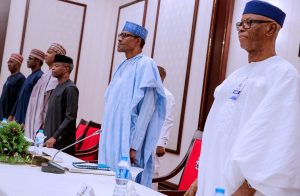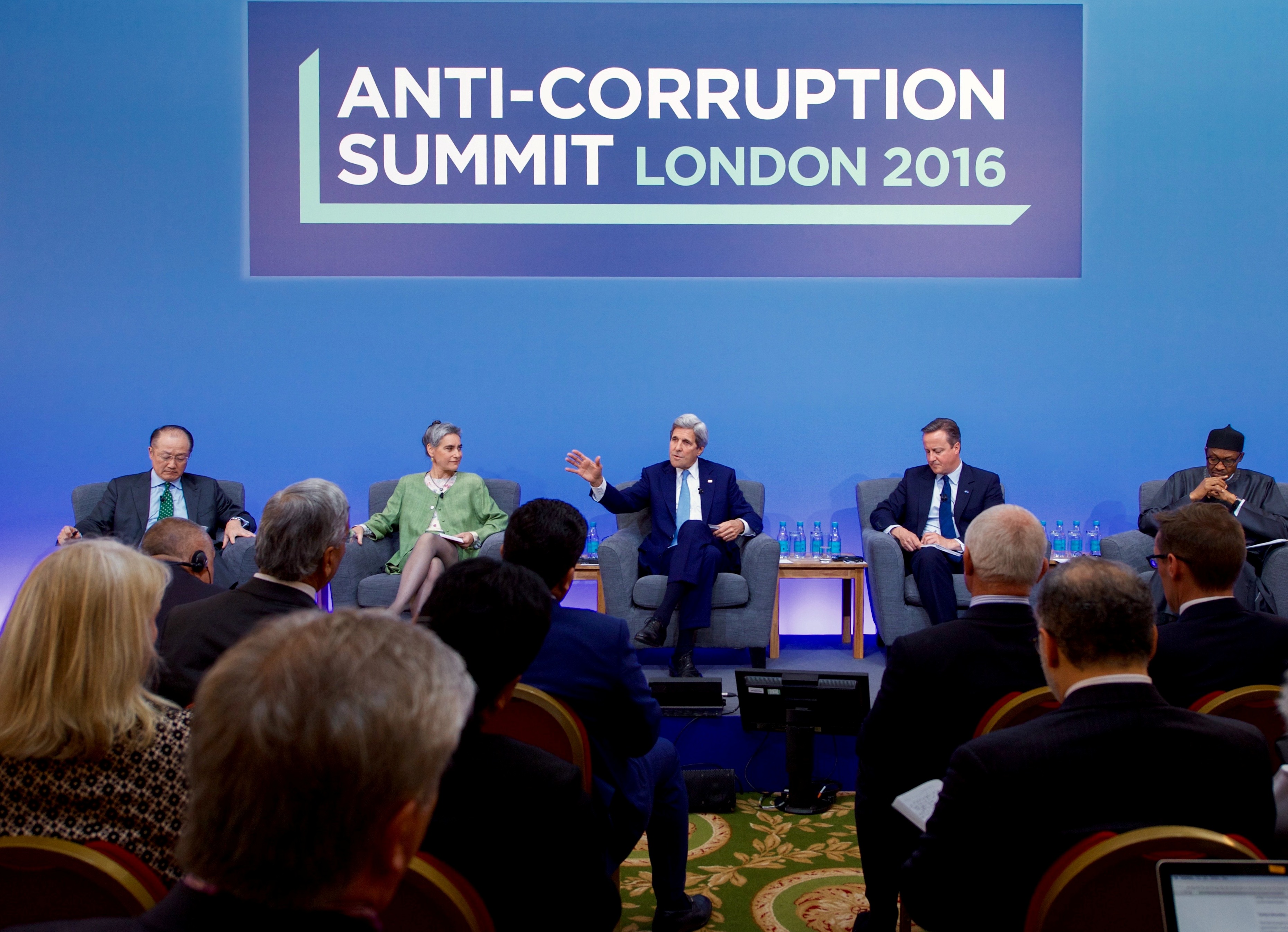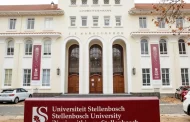Might a strategy of turning corruption allegations into a weapon of electoral warfare have run its course in Nigeria? This appears an inviting puzzle in the aftermath of the stalemate that has too quickly developed between the two main political parties in a tough, turf war thereto. It is a stalemate in the sense that an otherwise massive, gradual, flexible and many sided strategy of containment that would have made the opposition People’s Democratic Party, (PDP) appreciate the meaning of losing power in 2015 is not unfolding without its contradictions.
 With swathe of information on corruption easy to gather across the world, using incumbency control of related state institutions and also facilitated by many independent actors as well as actions and the deeds of a 16 year-long ruling party which previous governments of the day might have ignored, there is nothing more the APC needs to neutralise the opposition PDP. No other party in power is likely to have done it differently – digging up details and filing new charges where it feels so, the ultimate essence being to make all those hit by such ‘weaponization’ of corruption allegations to be denied nomination form for election into any political office until he or she is cleared. The All Progressives Congress, (APC) has embarked on this war with the tactic of writing corruption in Nigeria as definitive of the PDP but not only to bring itself under firing range but also put the nation in a dilemma.
With swathe of information on corruption easy to gather across the world, using incumbency control of related state institutions and also facilitated by many independent actors as well as actions and the deeds of a 16 year-long ruling party which previous governments of the day might have ignored, there is nothing more the APC needs to neutralise the opposition PDP. No other party in power is likely to have done it differently – digging up details and filing new charges where it feels so, the ultimate essence being to make all those hit by such ‘weaponization’ of corruption allegations to be denied nomination form for election into any political office until he or she is cleared. The All Progressives Congress, (APC) has embarked on this war with the tactic of writing corruption in Nigeria as definitive of the PDP but not only to bring itself under firing range but also put the nation in a dilemma.
It puts the nation in dilemma because, while there might be only very few across Nigeria in disagreement with the idea of killing corruption before corruption kills the country, there is now no consensus any longer about what corruption is and when is it corruption. This is because the PDP is saying, among other things, that the APC is a “government that is yet to account for $26 billion (N9 trillion) stolen through corrupt oil contracts in the NNPC, N1.1 trillion worth of crude diverted to service APC interests, N18 billion Internally Displaced Persons (IDP) intervention fund stolen by APC officials, including their former Secretary to the Government of the Federation (SGF), Babachir Lawal”. It went on to list “The N10 billion National Health Insurance Scheme (NHIS) for which members of the Buhari cabal were indicted, as well as the Mainagate, where the APC government recalled and reinstated an individual indicted for scam running into billions of naira”.
This is not as long a list as APC’s against the PDP, especially in the second list of allegedly corrupt people traceable to the PDP which held power from 1999 to 2015. In fact, according to Lai Mohammed, the Information Minister, the APC would not stop talking about the massive looting by the PDP. “They brought Nigeria to this sorry pass”, he said. It is a claim that most Nigerians would agree with. But that is if PDP hasn’t got an inviting response to that.

APC mandarins: can they sustain weaponising corruption allegation or would the PDP turn the table?
The entertaining jaw-jawing could have been a very welcome phase in the struggle of the Nigerian people for freedom if not the overarching context within which it is taking place. Defined by a troubling fragmentation at the very top about the direction the country should be heading, that context could produce consequences outside the intentions of each of the parties on the eve of an election year, considering the heightened degree of inter-group animosity in the country. Although staggering very badly from the bombshell dropped by each of General T Y Danjuma and Bill Gates last week, there can be no knowing what a clearly fragile party in power in an African country can do.
Ideologically and organisationally weak, the degree to which the PDP can outflank the APC if the APC moves the battle to biopolitical moves in governance is open to question, more so that the PDP is stuck to most times casual and uncritical responses to the way the dynamics are working out. Senator Ibrahim Mantu, a former Deputy Senate President and a senior member of the PDP went on television to say that the elite have, indeed, rigged elections, historically. It remains incomprehensible what PDP set out to achieve by disowning Senator Mantu when it could have gained more by claiming a new turn in the PDP and using Mantu to exemplify such a claim. In other words, it could have reified its apology to the nation a few days before, using Mantu’s outing. That would have been the PDP moment. Instead of doing so, it opted for street wise denial and damage control by trying to say that rigging is not in its character when what Mantu said is what everyone in Nigeria knows and believes to be the case. It was simply making Obasanjo’s dismissal of the two political parties impossible to dismiss.
It is interesting how the war against corruption is assuming its own momentum in such a way that no one can tell how it would all end!




























